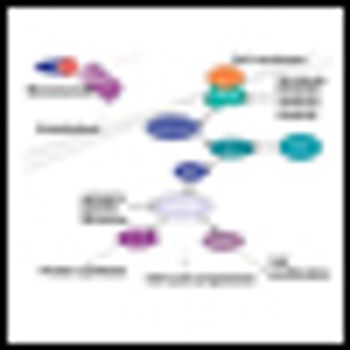Most adult patients with hematopoietic failure due to myelodysplastic syndrome (MDS) are treated with supportive care measures, including hematopoietic growth factors (epoetin alfa, darbepoetin alfa, filgrastim, pegfilgrastim, sargramostim), red blood cell or platelet transfusions, and antimicrobial agents. Allogeneic stem cell transplantation can be curative, but only a small subset of patients are eligible for transplantation, and until recently there were few options other than supportive care for transplant-ineligible patients. Since 2004, the US Food and Drug Administration (FDA) has approved three new therapies specifically for the indication of MDS: two DNA methyltransferase inhibitors (azacitidine and decitabine) and an immunomodulatory agent (lenalidomide). Several other drugs are used by clinicians for treatment of patients with MDS, but are not specifically FDA-approved for this indication. With several therapeutic options available, yet none of them effective in the majority of cases, it can be challenging for clinicians to choose the most appropriate treatment for an individual patient. Here we discuss a risk-based management approach to MDS that incorporates recent data regarding these new therapies. While many questions remain about the optimal use of newer agents, the long-standing perception of MDS as a syndrome where therapeutic nihilism is the only realistic approach is slowly beginning to change.


